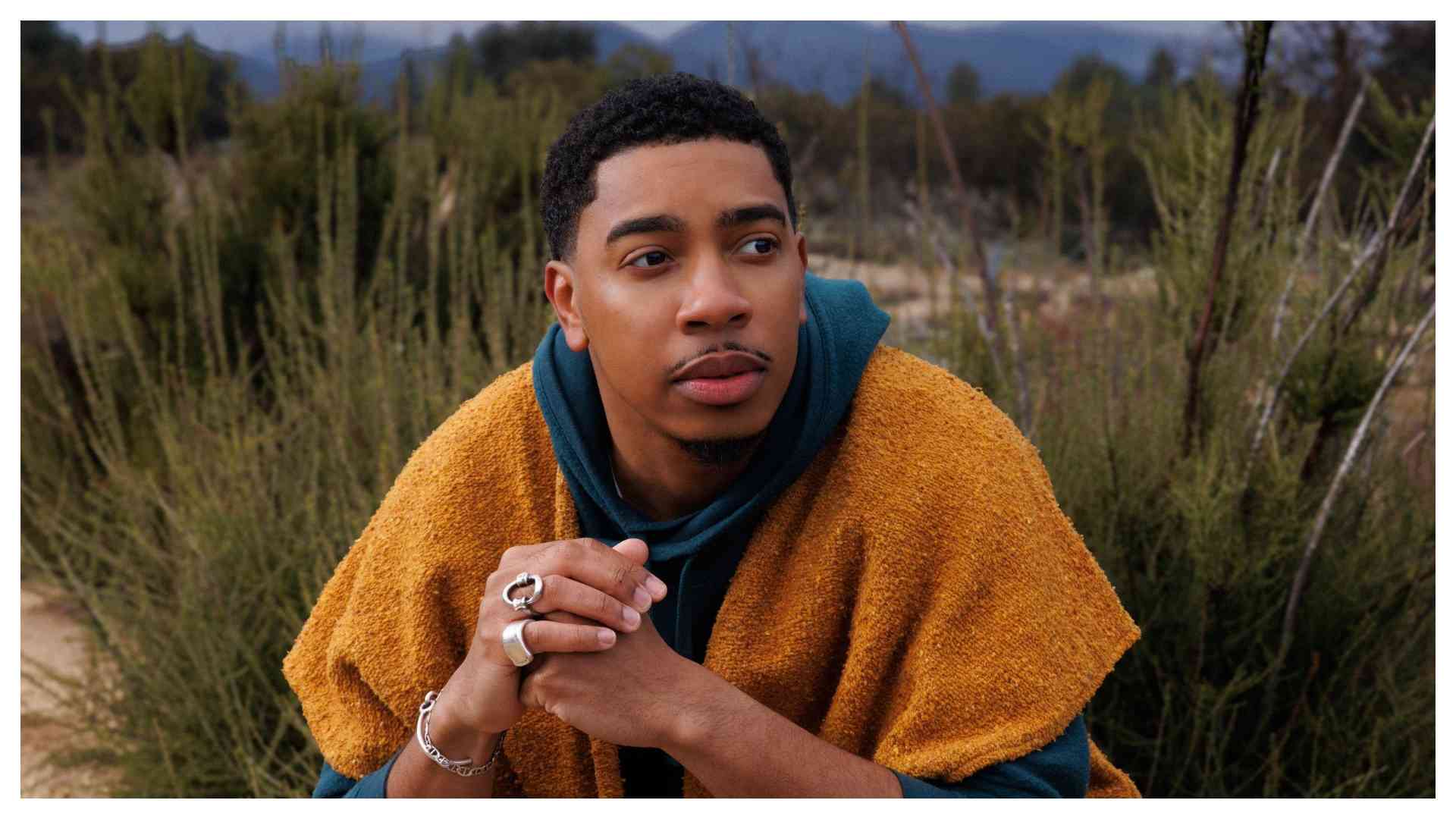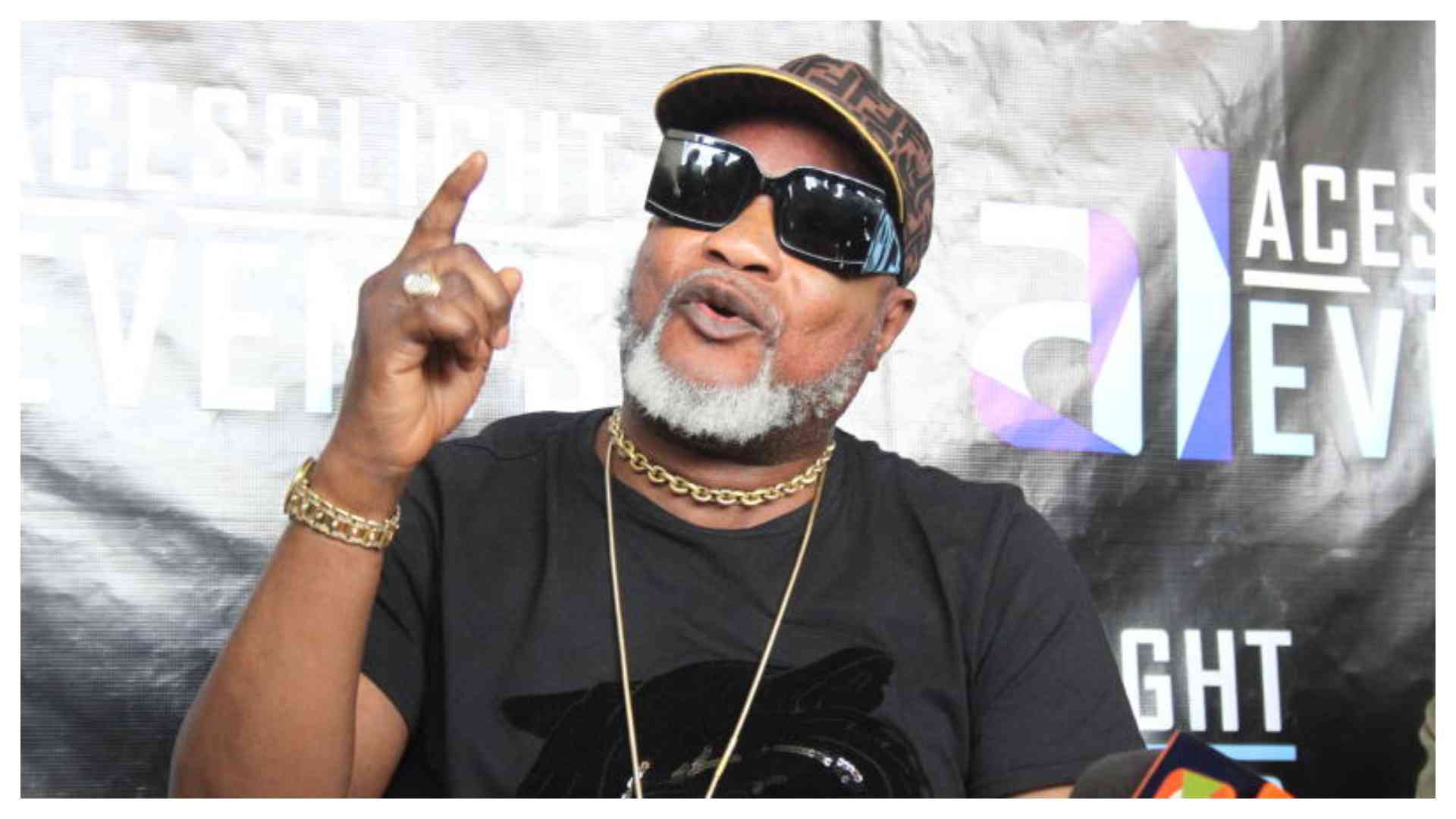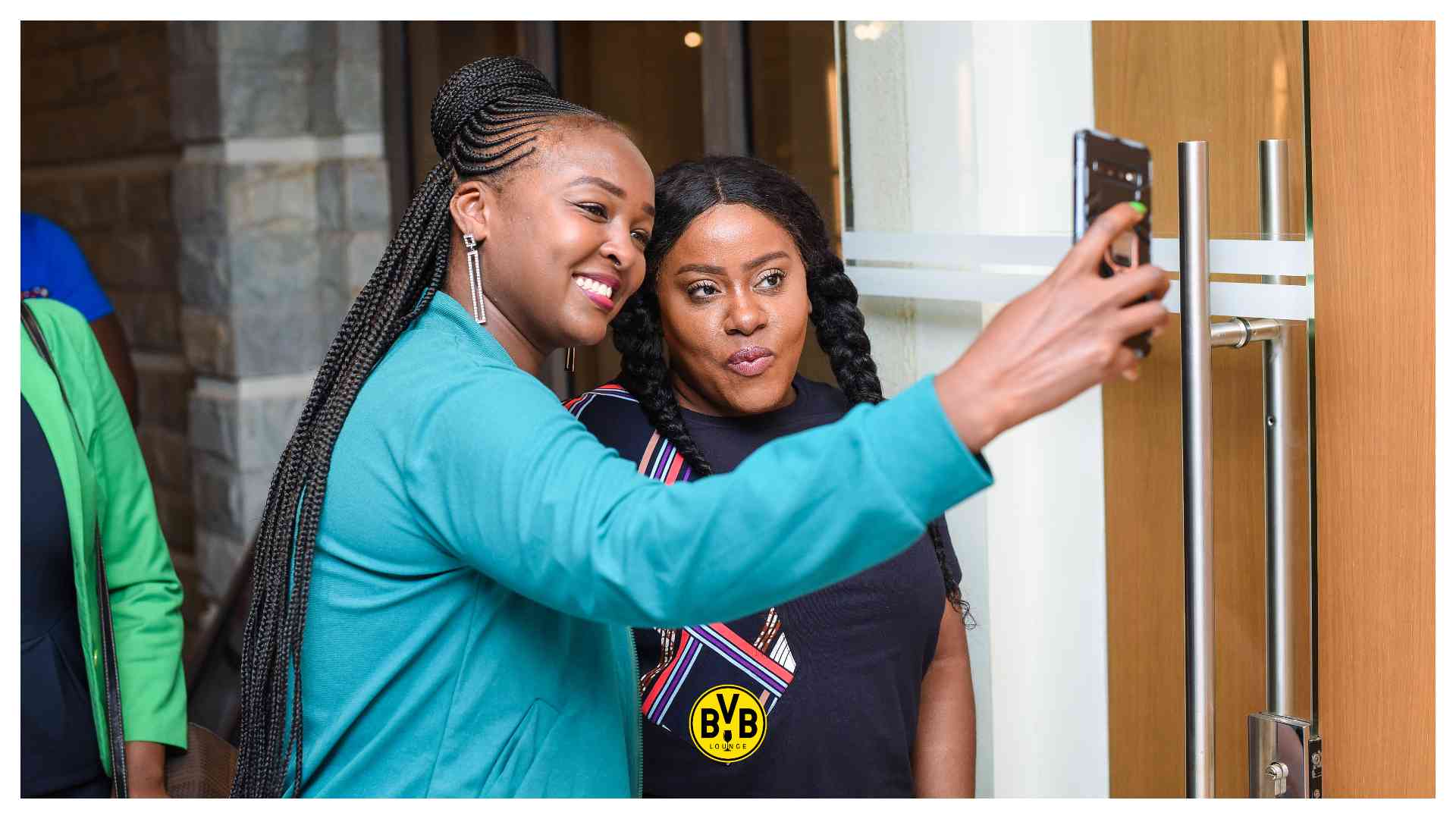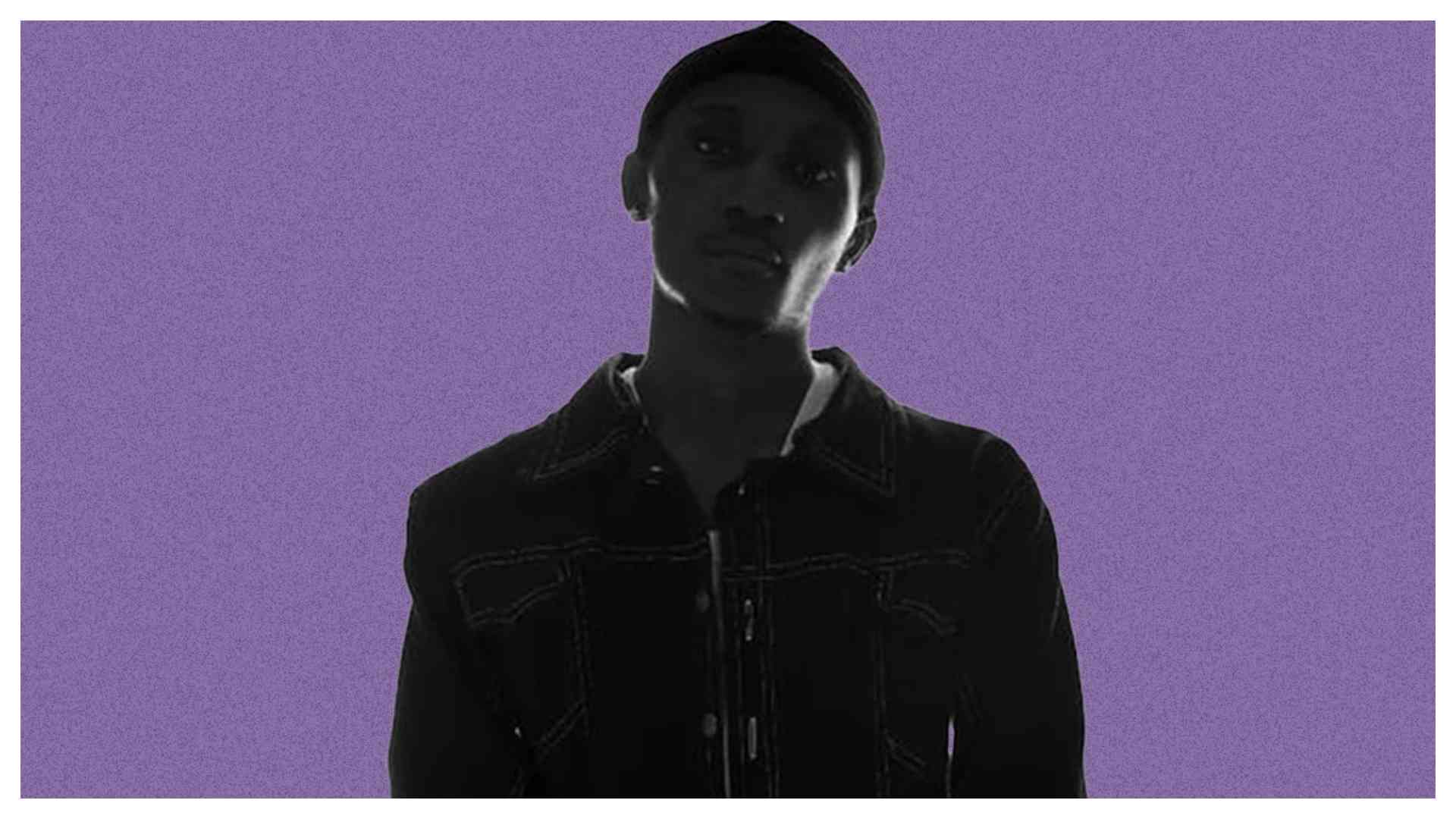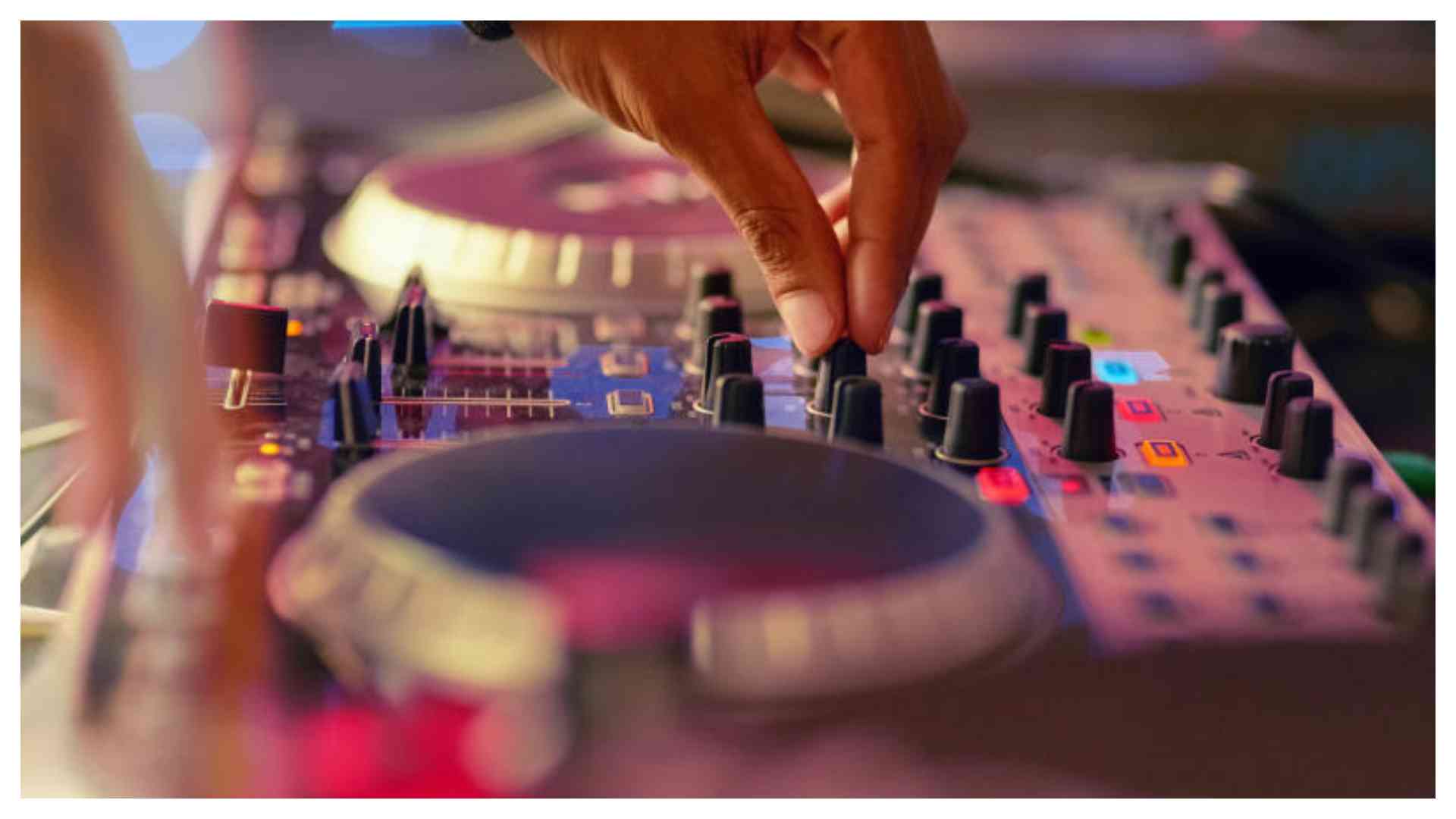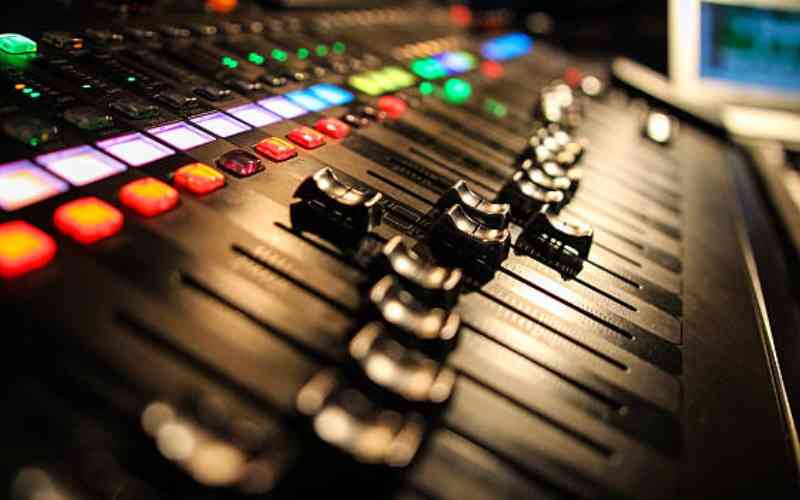
When Labdi Ommes started her studies in Fine Arts at Kenyatta University, she was unaware of the extraordinary path her chosen instrument, the Orutu, would open.
Traditionally not played by women, the Orutu would lead her into new and uncharted experiences, culminating in her selection for a composer lab project by the Nature, Environment, Wildlife Film making in Durban, South Africa.
There, she had the opportunity to work alongside fellow artists from Mozambique, Morocco, and South Africa.
“During that time, I learned that every second counts, because I felt this was the hardest thing I had done yet but slowly came to realise music is not just arranged noise but intentional,” she says.
“I learnt not to be afraid to outsource talent. When composing as a group, it is important to be open-minded and realise that film directors will always go for the best given that music is the business of ego sellers. You ought to be attentive to every sound that you put in and how you do it,” says Labdi.
“I have been an electronic music producer from a young age. Before I got a call from Nature, Environment and Wildlife Filmmakers (NEWF), I had never composed music for film it was a dream but I had no idea,” says Muhaa Mago, a composer and musician from Mozambique.
“We were challenged to compose for short films and since all of us were musicians, we were not focused on things like scoring and technical stuff, he just wanted us to focus on the emotions and storytelling because the films are about the story in a way that people can connect with,” says Muhaa. Locally, filmmakers have not been left behind.
“Amidst the technical intricacies, our paramount responsibility remains unwavering: to tell a story. A well-executed mix transports audiences into the heart of the narrative, where sound becomes an invisible thread weaving through the fabric of cinematic magic,” says DJ Krowbar, a sound engineer.
Real name Karumba Ngatia, he is a DJ, Audio Post Production, Higher Learning Education, TV & Radio talent and VO artist.
“When our craft is executed with finesse, sound becomes felt rather than heard, enveloping viewers in an immersive journey of sight and sound,” says Krowbar.
DJ Krowbar who has been part of award-winning films including Click Click Bang, Automedic and Extravaganza, says at the heart of this process lies the creation of a sound map, a meticulously crafted document akin to a musical score.
“Whether crafting original compositions or curating existing melodies, every note is strategically placed to evoke the desired sentiments,” he says.
Acclaimed film producer Faith Musembi says music in a film should serve to enrich the emotional experience of the narrative, whether in a feature film or a documentary, rather than being merely added to a scene to “fill in the blanks.”
She recently contributed to National Geographic’s series The Queens, which chronicles an extraordinary four-year exploration of the matriarchs of the wild.
“There’s a delicate dance between dialogue and score. Endeavour to ask yourself what soundscape your scene needs before you start adding music. Sometimes a scene is stronger without music. But if there’s a need for a music cue, ask yourself: what is the purpose of the cue?
“Is it to enhance emotion, to serve as a theme every time you return to a certain character or place, to build a mood of danger, adventure etc? Once you figure that out you can start trying different music cues to see which ones fit your ambition,” she says.
If you have a good budget, you should hire a composer and share your notes so they can compose a cohesive score for your film.
“However, once it’s all put together, please hire a professional to do the Final Mix, this is to make sure that all sounds (dialogue, music, sound effects, ambience etc.) are mixed well.
“After all, you don’t want your music to drown out your other sounds. You also don’t want the viewers to watch with a TV remote because some sections are very loud and some very soft. So please carve out a good amount of time in your post-production schedule to work on the music,” she says.
 The Standard Group Plc is a multi-media organization with investments in media platforms spanning newspaper print
operations, television, radio broadcasting, digital and online services. The Standard Group is recognized as a
leading multi-media house in Kenya with a key influence in matters of national and international interest.
The Standard Group Plc is a multi-media organization with investments in media platforms spanning newspaper print
operations, television, radio broadcasting, digital and online services. The Standard Group is recognized as a
leading multi-media house in Kenya with a key influence in matters of national and international interest.

